I’m not exactly breaking news when I tell you that gun control is a major point of policy discussion right about now. Some are bound and determined to cram at least some kind of anti-gun measure down our threat, regardless of whether it will do any good or not.
Over at The Atlantic, one writer ponders why police no longer support gun control.
Los Angeles Police Chief Daryl Gates was begging for help.
“The police of America are pleading with you,” he told senators in 1989, urging them to adopt a ban on assault weapons. “I do not want any more officers to be spray-gunned to death by street punks armed with high-tech killing machines.”
Gates’s testimony preceded what might be considered the high-water mark of gun-control politics in America. His testimony, which followed the killing of five children in California after a gunman with an AK-47 opened fire on a school playground, is emblematic of the bipartisan tough-on-crime politics of the 1990s. After Democratic presidential nominee Michael Dukakis’s landslide loss to George H. W. Bush in the 1988 election, the Democrats ran Bill Clinton in 1992, whose agenda earned him the endorsement of the Fraternal Order of Police. Clinton included the ban on assault weapons that Gates had begged for in the large crime bill he signed as president, and also signed the Brady Act, which imposed federal background checks for most gun sales.
…
But one of the most significant factors preventing gun control on the federal level might be that American police themselves are broadly opposed to restrictions on guns, and they remain one of the only institutions in American life whose influence on conservative voters is significant enough to make any federal gun regulations feasible. Americans trust police, often to a fault, so when they say that new restrictions are unnecessary or won’t work, millions of people believe them. American police, like other institutions, have been affected by the partisan polarization of recent decades, resulting in an already conservative demographic identifying even more strongly with the Republican Party and its opposition to gun control laws. That means their advocacy organizations are less likely to sign onto anything associated with the Democratic Party on the national level.
“In the ’90s, police unions were conservative but still played in both parties. They still endorsed candidates on the Democratic side because they were pro-labor and pro-law-and-order,” Ron DeLord, an attorney and negotiator for police unions, and a former police officer, told me. “The unions are becoming part of the Republican Party now.”
Now, is that really the case?
To be fair, that’s likely part of it. You can’t, among other things, demonize law enforcement and then expect them to side with you come election time. It’s absolute insanity to do so.
And in recent years, Democrats have spent a lot of time demonizing cops. “Defund the police” wasn’t exactly a GOP talking point, now was it?
However, I think that only skims the surface, at best.
You see, I grew up around law enforcement. While The Atlantic talks to union representatives and people like that, I was surrounded by the street cops who actually deal with crime; officers like my dad.
Why did they oppose gun control? Because they’d seen too many incidents of horrible things happening to good people because they just couldn’t get there in time.
And this was when the local department had a pretty good response time. Imagine what it would be like when response times are slow.
These guys and gals know that gun control doesn’t actually impact the criminals who represent a problem. They know it because they know what the laws currently are and arrest too many who are armed despite that. When they ask where the gun came from, they hear how they got it from someone on the street or something like that.
They see first-hand how gun control simply doesn’t work.
But they also see innocent people being hurt when they’re unarmed. In a place like Georgia, many of them are unarmed by choice, but that impression stays.
They go home and look at their wives or husbands. They look at their kids and their parents. They look at them and see what horrible things could happen to them and how having a gun might just keep them safe.
So, they oppose gun control.
A police chief in Los Angeles screaming for an assault weapon ban in 1989 isn’t much different than what a police chief in Los Angeles today might do, but police chiefs represent the city councils and mayors who hire them. They rarely represent the thinking of the officer on the street.
Those on the street oppose gun control, at least in part, not because of political influence but personal experience.
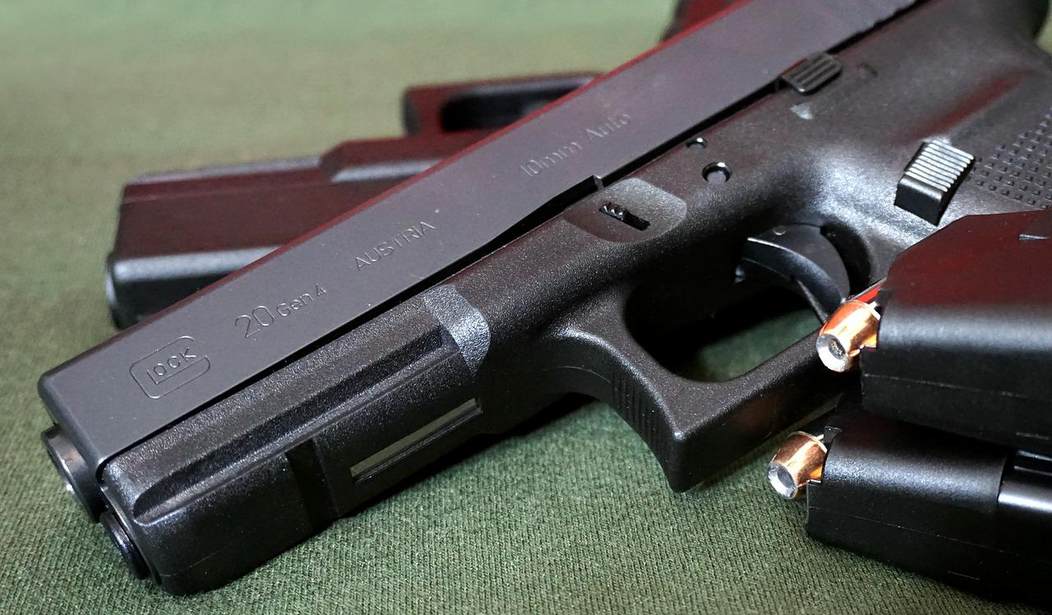
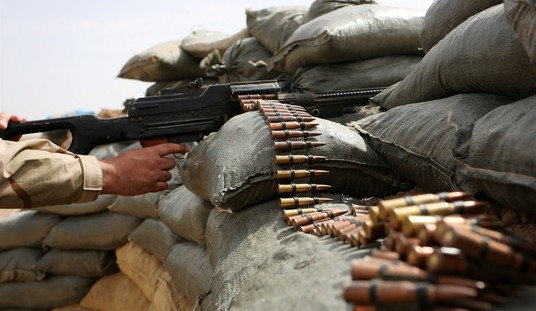
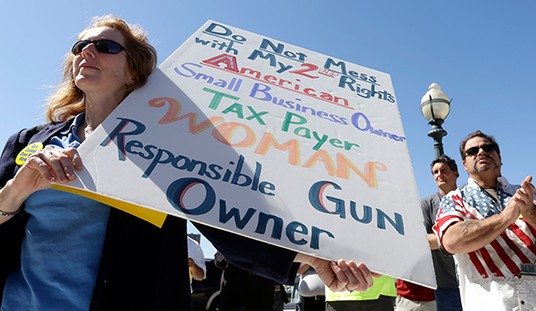


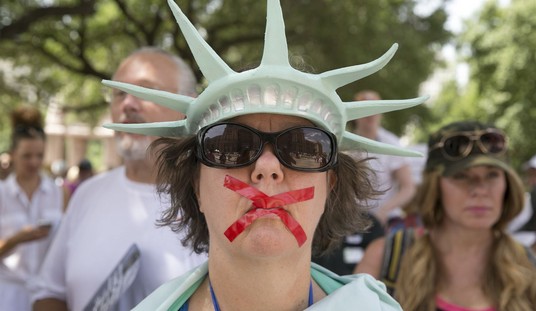
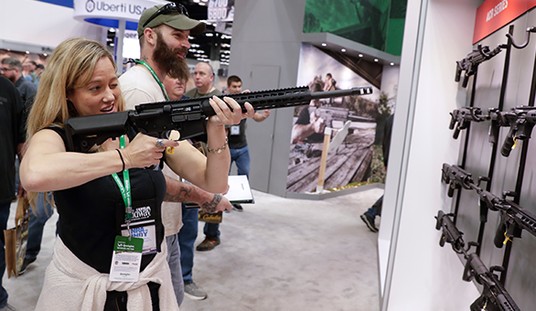

Join the conversation as a VIP Member